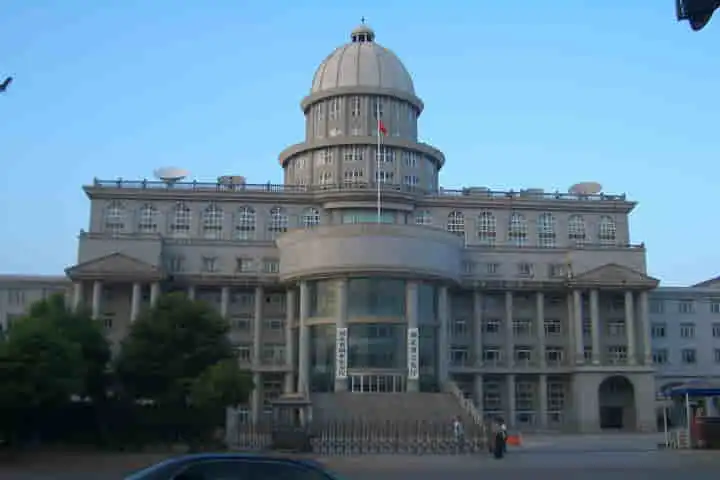In a shocking revelation, the Nepali security agencies have unearthed a Chinese spy network in Nepal which has been playing an active role in destabilising Kathmandu’s relations with other countries.
A Nepali daily citing the 50-page secret document prepared by the country’s intelligence agencies, reports that several spies from China’s Ministry of State Security (MSS) have infiltrated Nepal in the guise of diplomats, journalists and even businessmen in the country.
Nepal’s security agencies have caught a Chinese spy who was spreading propaganda against the US financial aid Millennium Challenge Corporation (MCC).
This has come at a time when the Nepali Parliament has to decide whether or not to go ahead with United States grant assistance Millennium Challenge Corporation (MCC) Compact.
The khabarhub.com report reveals involvement of a Chinese intelligence agency to stop the Compact from getting passed in Nepal.
Chinese national Ning Lin’s name features at the top of the security authorities’ list of those involved in crafting anti-MCC rhetoric in Nepal.
According to the secret report, Lin, (also known as “Oscar Ning”), a Chinese intelligence agency (MSS) official, carries two passports (PE 0350392, PE1732779) and is said to have come from the Chinese province of Hubei. The 50-page document — obtained by Khabarhub on Chinese intelligence activities in Nepal — contains more than five pages of details about Lin, including his activities, connections, contacts, mechanism, names of Nepali leaders and journalists.
One anonymous Nepali official told the website that their investigation has confirmed that detained Chinese national was from the Chinese secret agency MSS.
“Nepal has been caught in a geopolitical rivalry of late,” former Nepali diplomat and analyst Vijay Kant Karna told the website.
Karna told Khabarhub: “And the increasing Chinese activities in Nepal is the result of this.”
According to media reports, Prime Minister Sher Bahadur Deuba wants the MCC to get through Parliament, but other senior leaders in the coalition, Maoist leaders Pushpa Kamal Dahal and Madhav Kumar Nepal are opposing this. It has been over four years since the MCC compact was signed between the two countries but parliamentary ratification, a prerequisite for its implementation, is still in limbo.
The Nepali PM Deuba believes that at a time when Nepal is in the grip of an economic crisis and struggling for foreign aid and investment, the $500 million US grant under the MCC agreement will boost the country’s economy. But pro- China elements in Nepali coalition ruling party are opposing it.
“Chinese interests in getting Nepal on board on BRI was never debated,” says Chandrakant, a Nepali political analyst, adding, “ China is now very worried that Deuba is pro- India and America. The Chinese are worried about their BRI projects and they don't want Americans there… Even Indians.”
The report also highlights how the Chinese are actively influencing and spending on Nepali politicians, journalists and even businessmen for the intelligence gathering.
“We do not have a concern about China’s legitimate activities but we cannot remain ideal when it comes to Chinese covert activities targeting our relationship with other friendly countries,” says the one official.




















